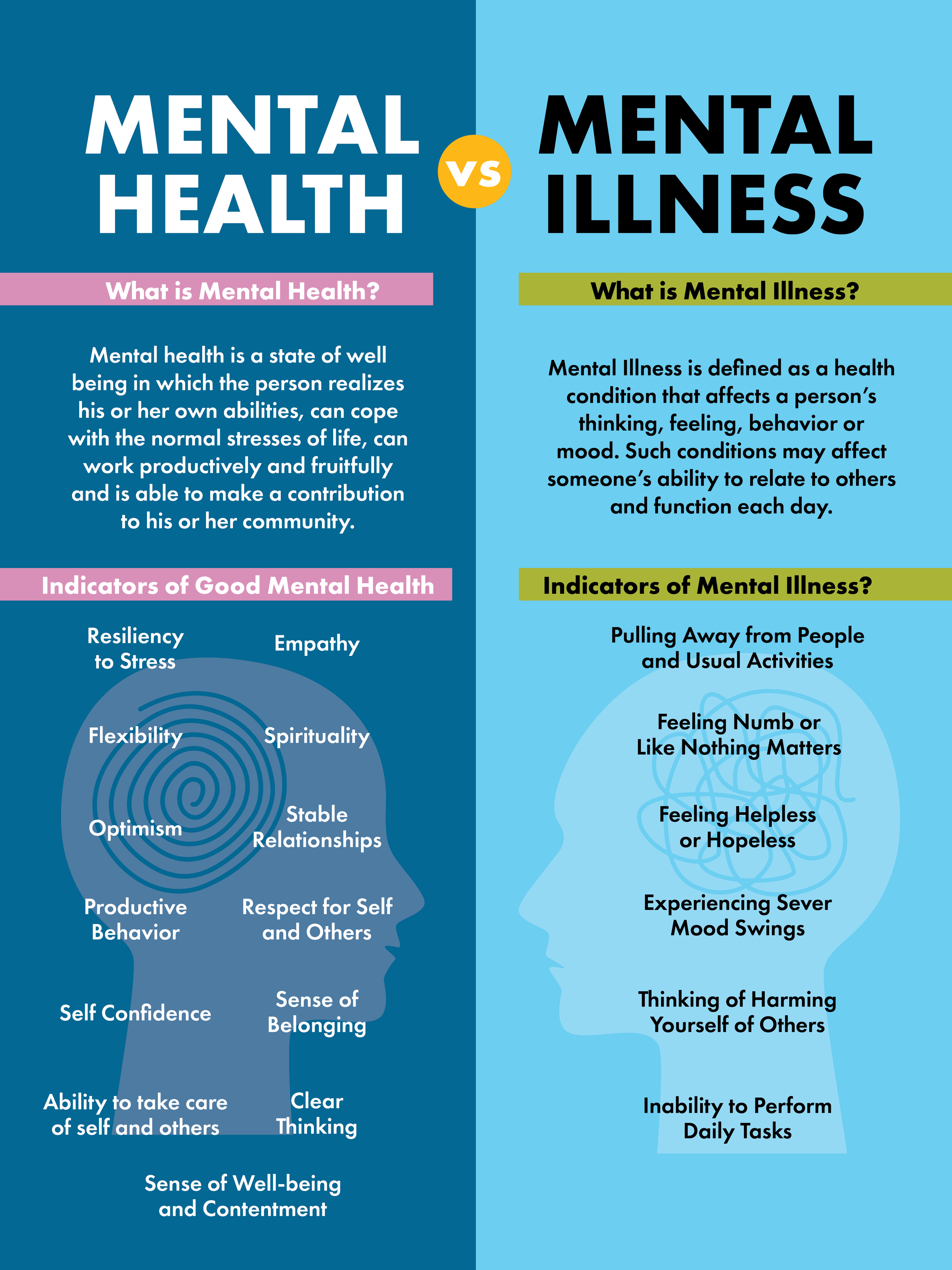Inpatient Mental Wellness Providers: A Path to Recovery and Security
Inpatient mental health services play a crucial role in addressing intense mental dilemmas, supplying a carefully organized atmosphere that cultivates healing and security. The intricacies of the admission process and the relevance of aftercare raise vital inquiries concerning availability and efficacy in the broader context of psychological wellness treatment.
Recognizing Inpatient Mental Health And Wellness Providers
Inpatient mental health services are essential for providing structured and intensive like individuals experiencing extreme emotional distress or mental health problem. These solutions generally involve the admission of clients to specialized facilities where they obtain day-and-night supervision and support from a multidisciplinary group of mental health specialists. The main goal of inpatient care is to maintain clients, ensuring their security and resolving severe symptoms that may pose a risk to themselves or others.
Inpatient programs frequently include a variety of healing interventions, consisting of individual and team treatment, medicine monitoring, and psychoeducation. The structured setting is developed to promote recovery by using a regular routine, decreasing exterior stress factors, and assisting in the growth of dealing approaches.
When outpatient treatment options have actually shown insufficient or when a patient is in crisis,Admission to inpatient solutions is typically thought about. Facilities may differ in regards to their particular focus, with some concentrating on particular problems such as stress and anxiety, compound, or clinical depression usage. Through comprehensive analyses and tailored therapy strategies, inpatient mental health and wellness services intend to supply the needed assistance for people to gain back security and get ready for a transition to less intensive degrees of care.
Benefits of Inpatient Care
The benefits of inpatient treatment are substantial, especially for individuals dealing with intense psychological health and wellness difficulties. Inpatient treatment provides a structured setting that cultivates healing by minimizing disturbances and stressors connected with life. This regulated setting enables people to focus exclusively on their mental health and wellness, helping with the required time for recovery.
Additionally, inpatient care offers 24/7 access to clinical and therapeutic assistance. This continuous schedule makes certain that people can obtain instant focus during crises, which is critical for those experiencing serious episodes - Inpatient Mental Health Facility. The collaborative approach amongst clinical personnel, including nurses, psychoanalysts, and specialists, improves the quality of care and promotes an extensive therapy strategy customized to specific needs
Furthermore, the public facet of inpatient care cultivates a sense of belonging and support amongst patients. Group treatment sessions and shared experiences can reduce feelings of seclusion, motivating individuals to participate in their healing proactively.
Furthermore, inpatient programs frequently provide patients with necessary coping techniques and skills that can be challenging to establish in outpatient settings. By dealing with underlying problems within a supportive structure, inpatient treatment can result in more secure end results and a smoother transition back to day-to-day life, inevitably leading the path to continual healing.
Treatment Methods and Therapies
Various therapy strategies and treatments are utilized in inpatient mental health and wellness solutions to address the special needs of each person. These methods are designed to assist in recovery and advertise psychological security in a structured setting.

Cognitive Behavior Modification (CBT) is a widely utilized method, helping people in determining and modifying unfavorable thought patterns that add to their psychological wellness problems - inpatient mental health services. Dialectical Behavior Treatment (DBT) is an additional reliable technique, particularly for those with borderline personality condition, focusing on psychological guideline and social efficiency
Pharmacotherapy plays a crucial function in therapy, with psychological medications suggested to handle signs and symptoms of conditions such as schizophrenia, anxiety, and anxiety. Routine tracking and adjustments guarantee the performance of these medications while reducing negative effects.
Team therapy promotes a sense of neighborhood and assistance amongst individuals, enabling them to share experiences and coping approaches. Furthermore, alternative treatments, such as art and songs treatment, promote self-expression and psychological recovery.
Ultimately, the combination of these varied therapeutic techniques offers a thorough treatment plan customized per individual's specific needs, aiming to boost their total wellness and help with a successful change back into everyday life.
The Admission Process
Browsing the admission process for psychological health and wellness solutions is a vital first step toward recuperation. This process generally begins with an evaluation carried out by a mental health professional. Throughout this evaluation, the individual's psychological health background, signs, and immediate requirements are completely checked out. This extensive assessment helps figure out the ideal level of care and makes sure that the patient gets tailored treatment.
When the evaluation is completed, the following step includes reviewing the possible treatment choices. The private and the treatment group collaboratively determine on the most effective strategy, which may include inpatient treatment if the scenario is considered severe. This is followed by the completion of necessary documentation, including insurance policy verification and consent kinds, to guarantee that all financial and legal elements are resolved.
Additionally, family involvement may be motivated throughout this stage to offer support and collect point of views on the individual's circumstance. Inevitably, the admission process aims to create a risk-free and encouraging atmosphere for the person, allowing for a smooth change into inpatient care. By getting involved and comprehending in this procedure, individuals can take a crucial action towards achieving mental wellness stability and recovery.

Aftercare and Ongoing Assistance
After finishing an inpatient mental health program, people usually face the crucial task of transitioning to aftercare and continuous assistance, which are vital for continual recuperation. This phase is important for find out this here reinforcing the abilities and dealing mechanisms discovered throughout the inpatient stay, guaranteeing that people proceed to proceed in their psychological health trip.
Aftercare normally includes a mix of outpatient treatment click to read more sessions, support system, and medication management. Participating in normal treatment enables individuals to deal with ongoing difficulties and establish techniques to cope with stressors in their every day lives. Support groups provide a sense of neighborhood and common experience, fostering link and understanding amongst peers facing comparable struggles.
In addition, continuous assistance might include family involvement, where loved ones are enlightened regarding psychological health concerns and encouraged to join the recovery procedure. This alternative strategy produces a robust assistance network, improving the individual's possibilities of long-lasting stability.
Eventually, aftercare and continuous assistance act as a bridge between inpatient treatment and independent living, encouraging people to navigate their mental health challenges with strength and self-confidence. Prioritizing these sources is crucial for promoting a sustainable healing trajectory.
Conclusion

Inpatient mental wellness solutions play a vital role in addressing severe emotional dilemmas, offering a meticulously organized environment that promotes recovery and stability.Inpatient psychological health solutions are important for providing extensive and organized care to people experiencing severe emotional distress or mental ailment. Via comprehensive evaluations and customized therapy strategies, inpatient mental health and wellness solutions aim to offer the essential support for individuals to reclaim stability and prepare for a transition to much less extensive degrees of care.
